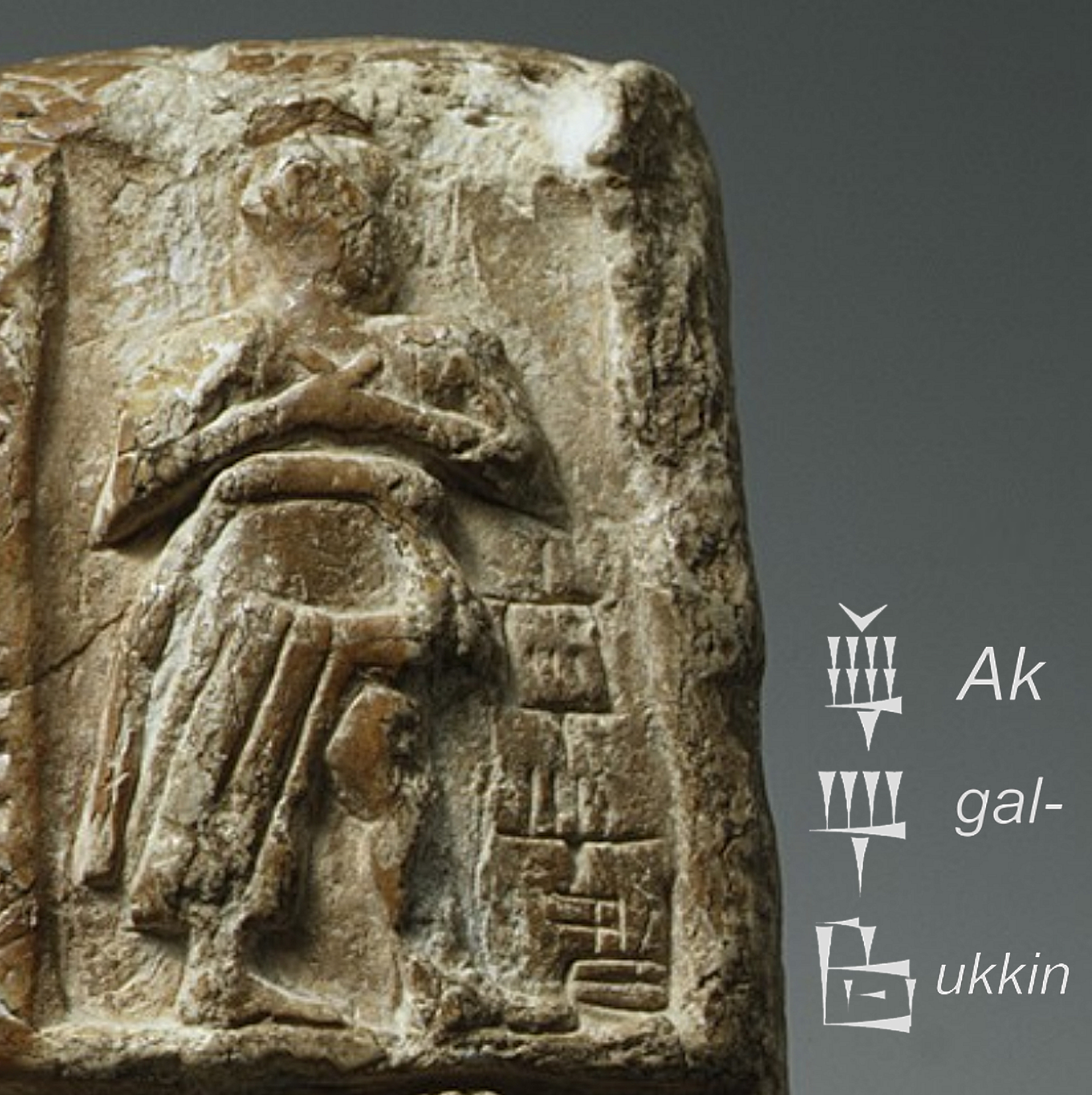Ukkin on:
[Wikipedia]
[Google]
[Amazon]
 Ukkin (UKKIN) is the
Ukkin (UKKIN) is the
 Ukkin (UKKIN) is the
Ukkin (UKKIN) is the Sumerian
Sumerian or Sumerians may refer to:
*Sumer, an ancient civilization
**Sumerian language
**Sumerian art
**Sumerian architecture
**Sumerian literature
**Cuneiform script, used in Sumerian writing
*Sumerian Records, an American record label based in ...
word or symbol for assembly
Assembly may refer to:
Organisations and meetings
* Deliberative assembly, a gathering of members who use parliamentary procedure for making decisions
* General assembly, an official meeting of the members of an organization or of their representa ...
, temple
A temple (from the Latin ) is a building reserved for spiritual rituals and activities such as prayer and sacrifice. Religions which erect temples include Christianity (whose temples are typically called church (building), churches), Hindui ...
council or Divine council
A Divine Council is an assembly of deities over which a higher-level god presides.
Historical setting
The concept of a divine assembly (or council) is attested in the archaic Sumerian, Akkadian, Old Babylonian, Ancient Egyptian, Babyloni ...
, written ideographically with the cuneiform
Cuneiform is a logo- syllabic script that was used to write several languages of the Ancient Middle East. The script was in active use from the early Bronze Age until the beginning of the Common Era. It is named for the characteristic wedg ...
sign 𒌺 (Borger 2003 nr. 73, encoded by Unicode
Unicode, formally The Unicode Standard,The formal version reference is is an information technology standard for the consistent encoding, representation, and handling of text expressed in most of the world's writing systems. The standard, ...
at code point U+1233A).
In Akkadian Akkadian or Accadian may refer to:
* Akkadians, inhabitants of the Akkadian Empire
* Akkadian language, an extinct Eastern Semitic language
* Akkadian literature, literature in this language
* Akkadian cuneiform, early writing system
* Akkadian myt ...
it is transliterated as Puḫru or Puḫrum and was used in the context of "public assembly", of both Gods and people with the ultimate meaning of a "totality" of living things. A council of the gods specifically is referred to in Akkadian as Puḫru Ilani or Puḫur Ilani. The word was later adopted into Aramaic
The Aramaic languages, short Aramaic ( syc, ܐܪܡܝܐ, Arāmāyā; oar, 𐤀𐤓𐤌𐤉𐤀; arc, 𐡀𐡓𐡌𐡉𐡀; tmr, אֲרָמִית), are a language family containing many varieties (languages and dialects) that originated i ...
. In Hittite language
Hittite (natively / "the language of Neša", or ''nešumnili'' / "the language of the people of Neša"), also known as Nesite (''Nešite'' / Neshite, Nessite), is an extinct Indo-European language that was spoken by the Hittites, a peopl ...
it is transliterated as Pankuš or Tuyila. In the Hellenistic
In Classical antiquity, the Hellenistic period covers the time in Mediterranean history after Classical Greece, between the death of Alexander the Great in 323 BC and the emergence of the Roman Empire, as signified by the Battle of Actium i ...
era the word Kiništu was used and it found an equivalent in the word Qāhāl
The ''qahal'' ( he, קהל) was a theocratic organizational structure in ancient Israelite society according to the Hebrew Bible. See column345-6 The Ashkenazi Jewish system of a self-governing community or kehila from medieval Christian Europe ...
in other ancient languages.
H. Zimmern noted that the Babylonia
Babylonia (; Akkadian: , ''māt Akkadī'') was an ancient Akkadian-speaking state and cultural area based in the city of Babylon in central-southern Mesopotamia (present-day Iraq and parts of Syria). It emerged as an Amorite-ruled state ...
n New Year
New Year is the time or day currently at which a new calendar year begins and the calendar's year count increments by one. Many cultures celebrate the event in some manner. In the Gregorian calendar, the most widely used calendar system to ...
feast was also called puhru and connected this with the modern day holiday of Purim
Purim (; , ; see Name below) is a Jewish holiday which commemorates the saving of the Jewish people from Haman, an official of the Achaemenid Empire who was planning to have all of Persia's Jewish subjects killed, as recounted in the Book ...
.
References
{{DEFAULTSORT:Ukkim Mesopotamian deities Sumerian words and phrases Mesopotamian mythology Cuneiform determinatives